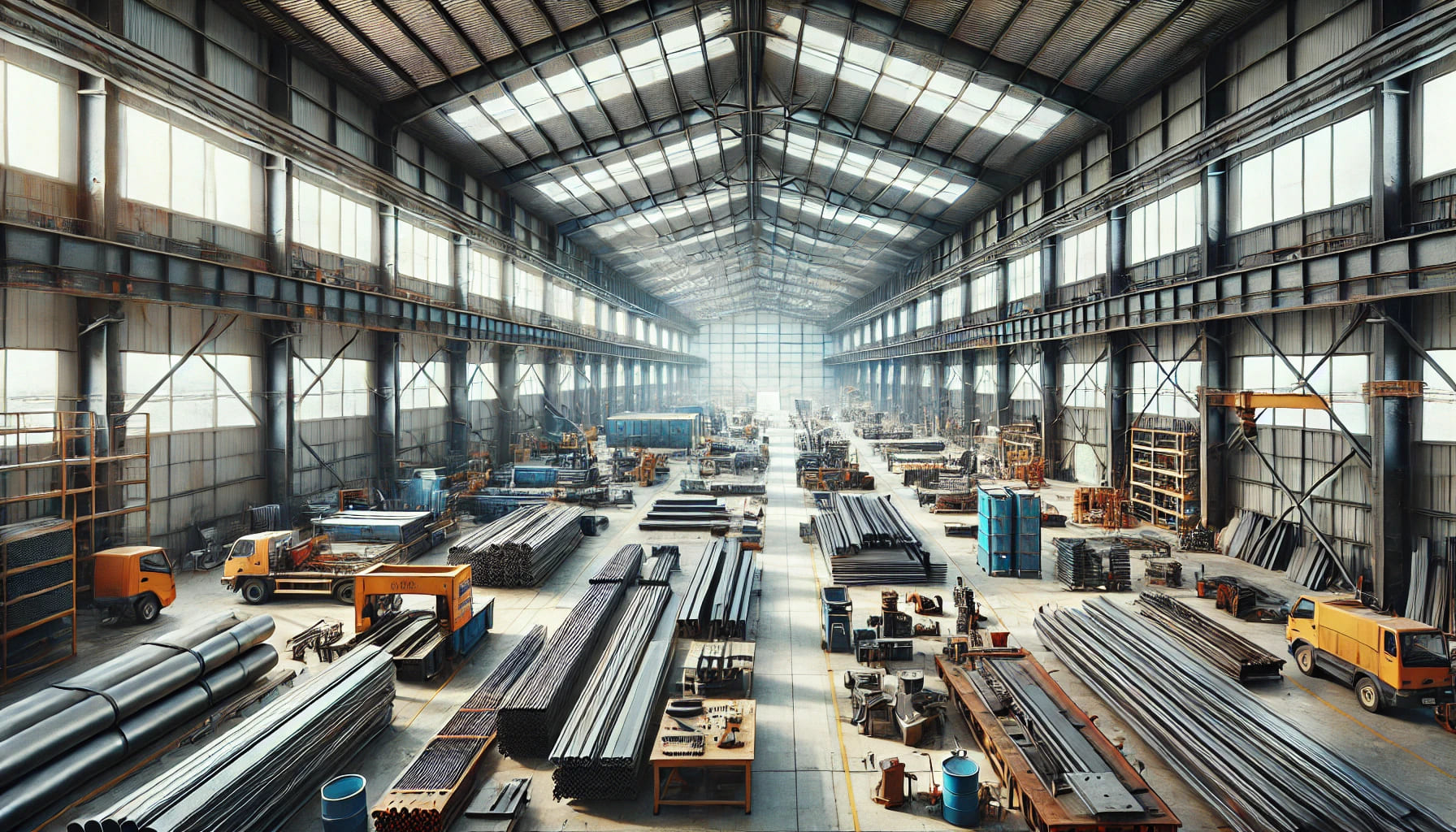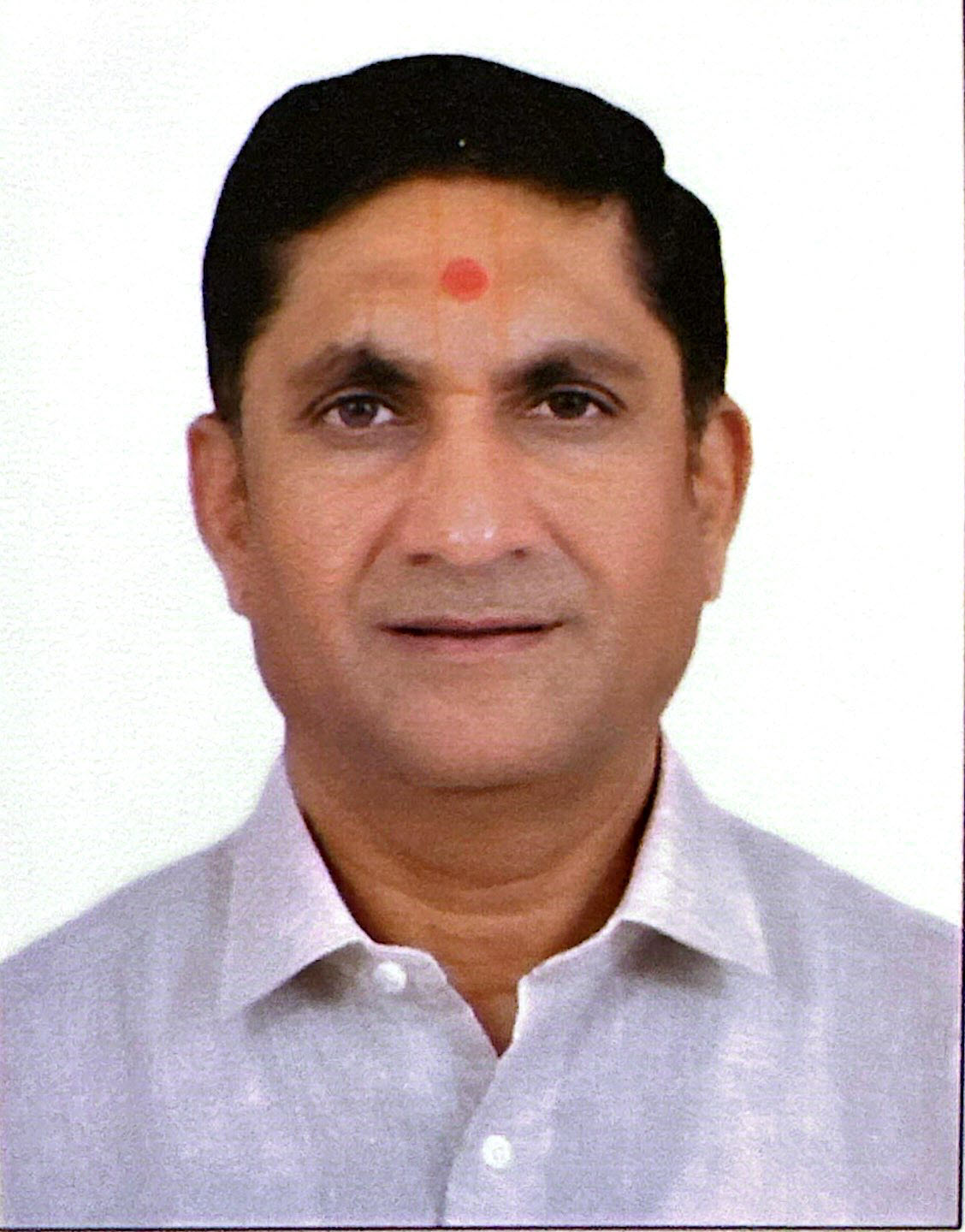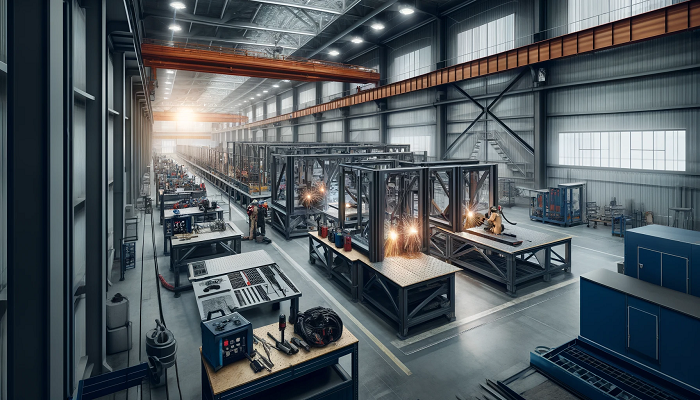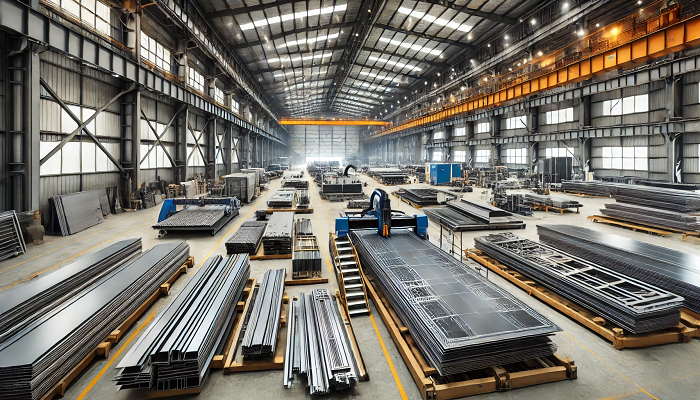

Founder & CEO
Mukesh Patel is the Founder & CEO of Build Matt ltd, specializing in Pre-Engineered Buildings (PEB) and general steel fabrication. With advanced technology, modern machinery, and a skilled workforce, he delivers efficient and high-quality solutions across East and Central Africa, including Uganda, Kenya, Tanzania, Congo, South Sudan, Rwanda, and Burundi.
Recent Blogs
- CNC Plasma Cut Decorative Metal Panels: Revolutionizing Interior and Exterior Design
- Combining Roof Vents and Translucent Sheets for Better Airflow and Natural Lighting in Uganda Cities
- Top Design Trends in Steel Staircases for Modern Ugandan Buildings
- Steel Railings & Balustrades for Uganda Cities
- Modern Steel Silos & Hoppers : Transforming Grain Storage Efficiency in Uganda






